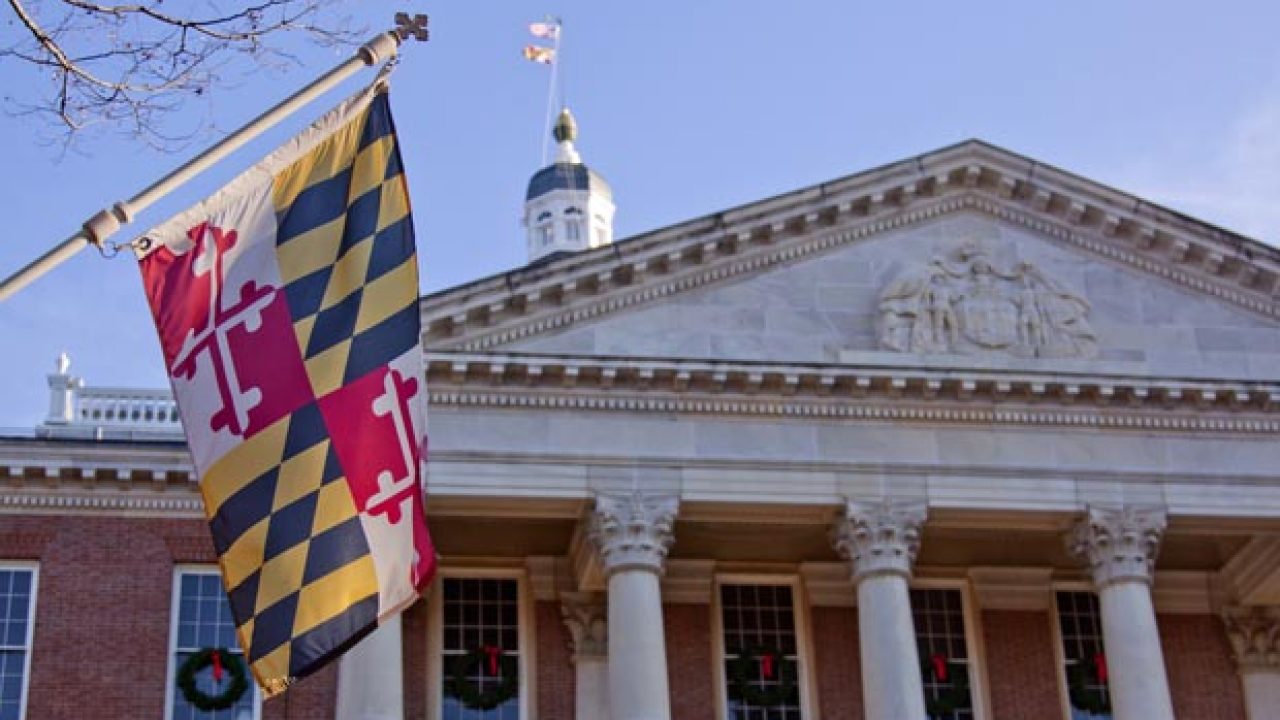According to a report by Our Voice Maryland, the state of Maryland is likely to vote yes on question two in support of sports gambling in the coming election in November.
In their report, they found that 52 percent of Marylanders are likely to support the referendum, while 29 percent oppose the legalization of sports gambling in the state. The campaign to encourage Maryland residents to vote yes for question two is well funded and organized. This is contributing to high numbers of support, which is almost twice the number of oppositions.
Who Is Funding the Campaign?
Several sportsbooks are supporting the campaign. DraftKings, together with FanDuel, have spent over two million dollars trying to persuade Maryland residents to tick the second question yes, agreeing on the legalization of sports betting. The two sportsbooks have spent money on TV, online and radio advertisements, and supported the sending of direct emails to as many voters as possible. The two companies have also conducted polls, printed brochures, and put out signs to encourage more people to support the proposal.
The funding began in July when DraftKings opened the campaign account and deposited $250,000. In August and September, DraftKings donated another $1 million, while FanDuel paid $1.5 million.
Other local gambling operators such as the state’s casinos and Maryland Jockey Club are also participating to try to ensure the proposal wins. These other organizations are offering free advertisements on their sites, social media, and mailing lists. Several other teams have contributed money that is yet to be used. To ensure they support the bid to legalize sports gambling, several casinos including Maryland Live! Casino and Hotel are making in-kind assistance.
Any Other People Supporting the Bid?
The proposal to introduce sports wagering in Maryland is not only supported by bookmakers who will greatly benefit when the law passes, but also political leaders. On Monday, October 19, 2020, the state’s governor, Larry Hogan, also showed his support for the move to vote yes to question two.
In his statement, he said that question two would provide revenue for public education, without putting pressure on taxpayers and businesses. He said that the state was already funding its K-12 schools and hoped it would be the case even in the future.
Speaking to NBC Sports Washington, Hogan said that the current economic depression made sports wagering an appealing move. He said that states were lacking revenue sources, and sports betting could turn into a lucrative source.
According to senator Craig Zucker, who sponsored the bill introducing sports gambling earlier this year, most people understand the importance of voting yes on question two mainly because the revenue collected will support Maryland’s education system.
What Is Question 2, and What Does Voting Yes Mean?
Question two is an understandable statement asking Marylanders if they approve of sports wagering. The question is not specific and doesn’t state what will be allowed or not. If Marylanders vote yes, the General Assembly will meet and discuss details regarding sports wagering. The assembly will convene in Annapolis in January, where they are expected to address the issue of sports gambling
A bill on the same issue was introduced in early 2020, but died in March in the House of Delegates following a disagreement over the policy. The policy was, however, amended and eventually passed Zucker’s chamber unanimously. The referendum to allow gambling in Maryland occurs during an election to ensure huge numbers of votes.
In the vein of supporting the legalization of wagering on sports, Senate Majority Leader, Nancy J. King said that she hoped that the lawmakers would keep pace with the latest technology in regards to sports betting. She noted the state was behind in technology and that it would help if they made up to date decisions in regards to wagering.




